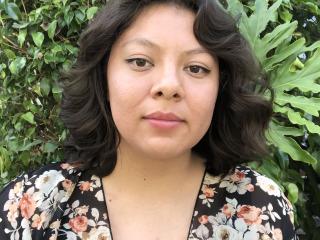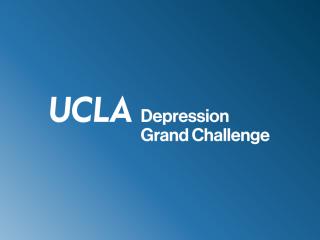Project 1 lead: Denise Chavira, PhD
Project 1 summary: This project is designed to solicit student input iteratively across four years to develop and test engagement interventions that maximize recruitment and initial uptake of STAND at East Los Angeles College.
Project 1 goal: The overarching goal of Project 1 is to understand the perspectives of community college students on the facilitators and barriers to mental health screening and the initiation of mental health services. Once we understand these factors, we can develop mental health interventions that are more likely to be used by community college students.
Why this research is important: Mental health problems are prevalent among community college students and often go untreated. Several factors such as access to services, financial stress among others, contribute to the observed gaps in the initiation of mental health services for community college students. Understanding the barriers and facilitators to the use of mental health services is critical for developing mental health treatment interventions that are accessible, acceptable and sustainable in the community college context.
Anticipated duration: Project 1 is expected to last four years and will consist of four phases.
Phase 1: Focus groups are being conducted with community college students to explore factors that affect willingness to enroll in STAND, such as their perceptions of STAND effectiveness, the perceived burden associated with the STAND program and the influence of perceived and personal stigma in seeking mental health services.
Phase 2: Findings from Phase 1 will be used to guide the development of community-informed video testimonials about participation in STAND to increase the rates of community college students who sign up for mental health screenings as part of the STAND program.
Phase 3: We will examine whether a digital fotonovela intervention with aspects of motivational enhancement therapy facilitates the initial initiation of treatment. The fotonovela content will be informed by qualitative data from Phases 1 and 2 and tailored to the community college context.
Phase 4: Informed by findings from Phases 1-3, we will examine whether personal outreach by peer members increases the likelihood that someone will start the STAND program.
Other information: There is close coordination between the teams of Project 1 and two of the Center's pilot projects: one focused on text-messaging intervention (PI: Kodish) and one on family factors influencing involvement in STAND (PI: Calderon).
Affiliated staff:









